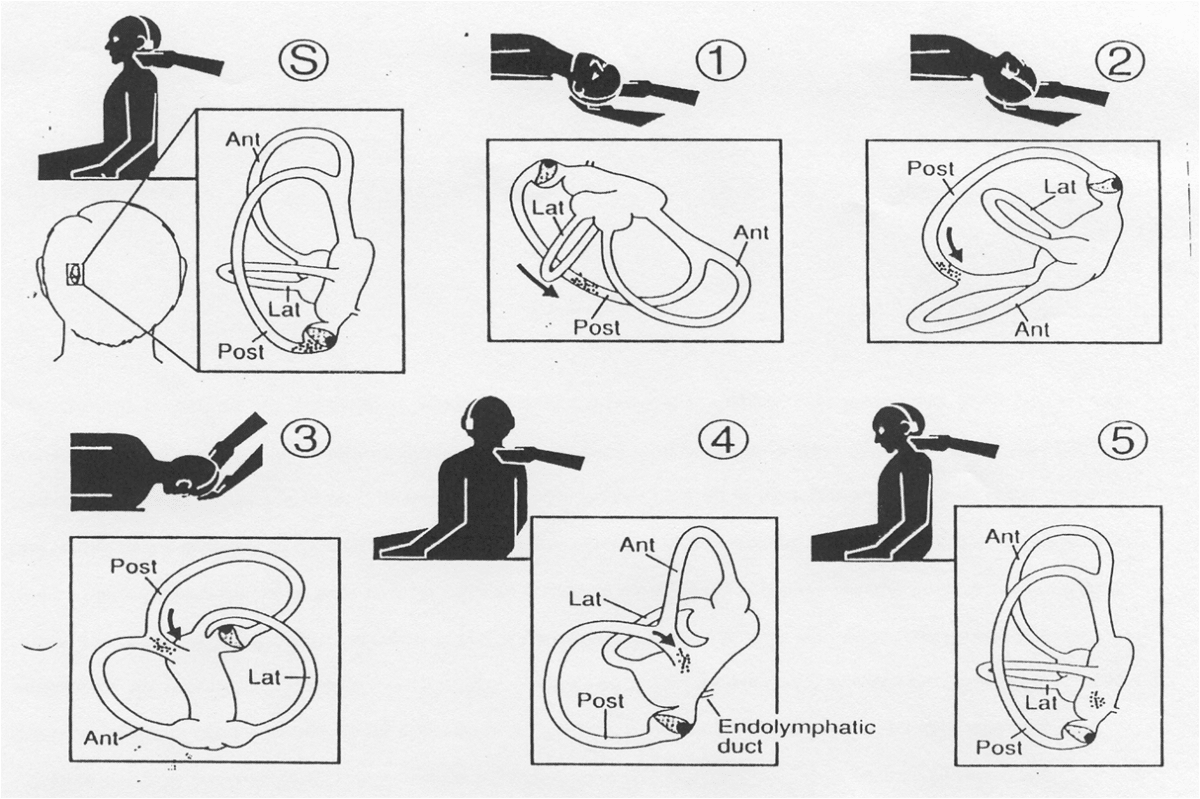Feb. 11, 2015
A couple of months ago, I did a post regarding the use of ABR (Auditory Brainstem Response) testing as part of a comprehensive vestibular evaluation. I revisit the topic to discuss the relevance of abnormal findings associated with that test. While ABR testing has other benefits, the primary purpose of the test in the vestibular lab is to determine if








